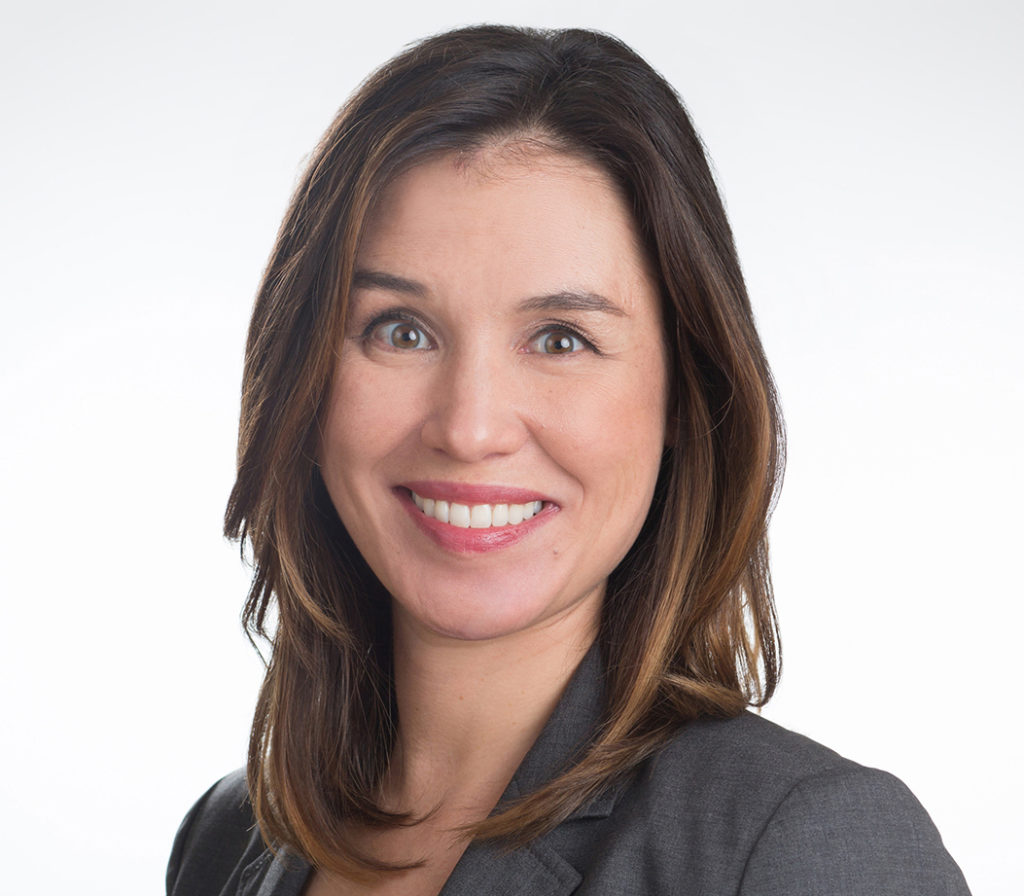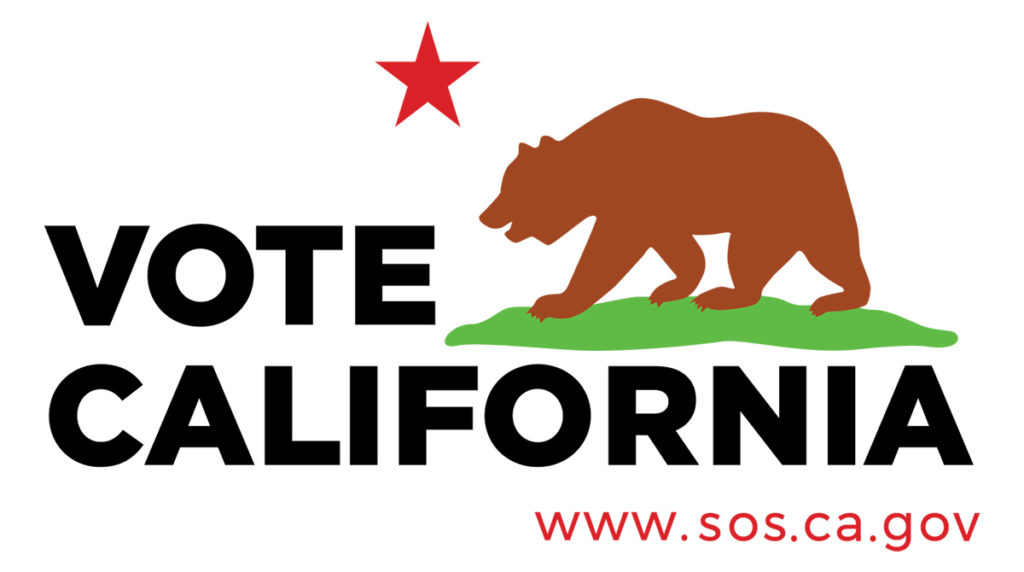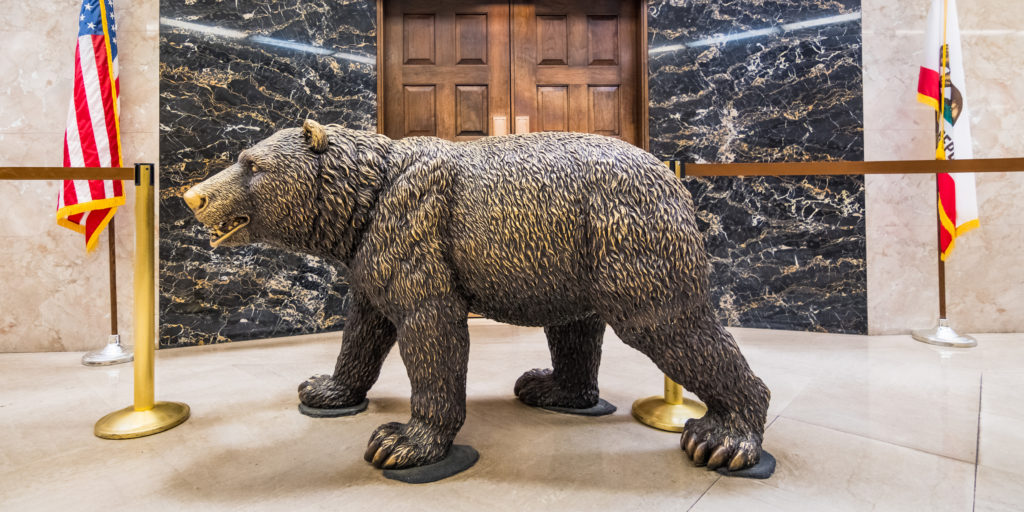Olson Remcho is co-counsel for the SEIU and other plaintiffs in this case. Set out below are links to the court documents filed on January 12, 2021 and the SEIU press release.
Service Employees International Union
FOR IMMEDIATE RELEASE: January 12, 2021
Contact: Matt Lopez, matt.lopez@berlinrosen.com, 805-377-2950
California Rideshare Drivers File Suit Charging Proposition 22 Violates State Constitution
Ballot measure pushed by gig-economy giants unconstitutionally limits state’s power to protect basic rights of rideshare drivers
Plaintiff: ‘Prop 22 will live in infamy alongside unconstitutional ballot measures like Prop 8 and Prop 187’
SAN FRANCISCO — California app-based drivers, rideshare consumers and labor unions filed a lawsuit Tuesday alleging Proposition 22 violates the state’s constitution and should be struck down. The suit, filed in California Supreme Court, alleges Prop 22 unconstitutionally limits the power of elected officials to govern, including by stripping the legislature’s ability to grant workers the right to organize for improvements to their pay and working conditions as well as by illegally excluding them from the state workers’ compensation program. The suit also asserts Prop 22 violates a provision in the State Constitution requiring ballot initiatives address only a single subject.
Plaintiffs include rideshare drivers Hector Castellanos, Saori Okawa, Michael Robinson; Joseph Delgado, a user of app-based rideshare services; and the Service Employees International Union (SEIU) and SEIU California State Council.
“Every day, rideshare drivers like me struggle to make ends meet because companies like Uber and Lyft prioritize corporate profits over our wellbeing,” said plaintiff Saori Okawa. “ With Prop 22, they’re not just ignoring our health and safety — they’re discarding our state’s constitution. I’m joining this lawsuit because I know it’s up to the people we elect to make our laws, not wealthy executives who profit from our labor. I’m confident the court will see Prop 22 for the corporate power grab that it is, and that Prop 22 will live in infamy along with unconstitutional ballot measures like Prop 8 and Prop 187.”
There is a long history in California of attempts to circumvent the California Constitution and deny people their rights, including Prop 187, which attacked immigrant communities, and Prop 8, which attacked the LGBTQ+ community. Both were ultimately ruled unconstitutional. Prop 22, which took effect last month, defines “App-Based Drivers” as independent contractors rather than as employees, and thereby withdraws basic employment protections from them, including workers’ compensation coverage. It also goes further than that, precluding the legislature from passing various types of legislation not directly related to the measure’s classification of App-Based Drivers as independent contractors.
The measure has left rideshare drivers in a precarious position as California experiences a dangerous spike in COVID-19 infections. Prop 22 stripped California gig workers of basic rights like overtime pay, paid family leave, sick days, unemployment insurance and a voice on the job through a union. Instead, Prop 22 places the power to protect drivers in the hands of rideshare companies like Uber and Lyft — the very same companies who wrote the unconstitutional law, spent over $200 million to pass it last November and who have proven time and again to prioritize profits over the safety and well-being of their drivers.
“Although titled the “Protect App-Based Drivers and Services Act,” Proposition 22 actually withdraws minimum employment protections from hundreds of thousands of California workers,” the suit alleges. “That result would be profoundly harmful to many workers, but not necessarily unconstitutional, if the measure had not overreached in several significant ways.”
THREE STRIKES AGAINST CALIFORNIA’S CONSTITUTION
The lawsuit alleges Proposition 22, as written by Uber and Lyft, denies drivers rights under the law in California and makes it nearly impossible for lawmakers to fix these problems. The suitcharges the measure violates the California Constitution in at least three specific ways:
● Prop 22 unconstitutionally limits the ability of the California legislature to establish and enforce a system of workers’ compensation for gig workers. The California Constitution gives the Legislature “unlimited” authority to provide for a worker’s compensation
system, so that authority cannot be limited by a statutory initiative.
● Prop 22 unconstitutionally defines an amendment as any legislation that authorizes any entity to collectively bargain on drivers’ behalf or that treats rideshare drivers differently from other workers. In California, it is the constitutional authority of the legislature to enact legislation so long as it does not impermissibly amend a ballot measure, and of the judiciary to decide what constitutes an amendment to a ballot measure.
● Prop 22 unconstitutionally violates the “single subject rule” governing ballot measures in California, which requires initiative statutes to only address a single subject addressed in the measure’s substance.
“We look forward to the court affirming that gig companies cannot strip workers of their fundamental right to bargain for better pay and working conditions — and that corporations alone should not dictate the laws in our state,” said Bob Schoonover, President of SEIU Local 721 and SEIU California State Council. “Like Prop 187 and Prop 8, Prop 22 is an unconstitutional attack on Californians’ rights that if left unchecked will grant permission to companies like Uber and Lyft to dismantle workers’ rights across the country. SEIU is proud to support drivers’ fight to stop this unconstitutional law.”
“Just like every other worker, rideshare drivers should have a right to join together in a union and bargain for better pay and working conditions,” said SEIU President Mary Kay Henry. “SEIU has always stood with working Californians when their basic rights have been threatened, and we’ll continue to support their fight against the unconstitutional Prop 22 and companies like Uber and Lyft that prioritize corporate profit over worker safety. We won’t rest until rideshare drivers have the same opportunities other workers have to have a seat at the table with their employer.”
“We stand with the hard-working drivers whose exploitation by Uber and Lyft will only deepen as a direct result of Prop 22,” said California Labor Federation Executive Secretary-Treasurer Art Pulaski. “This unconstitutional law, which gig companies bought with hundreds of millions of dollars in political spending, is an affront to the fundamental protections and rights all workers deserve and should be expeditiously struck down by the courts.”
Today at noon, rideshare drivers in Los Angeles will take to the streets to support the plaintiffs in their fight against the unconstitutional Prop 22. Drivers will organize car caravans, honking their horns and holding signs as they wind through the streets to raise awareness of the drivers’ fight.





